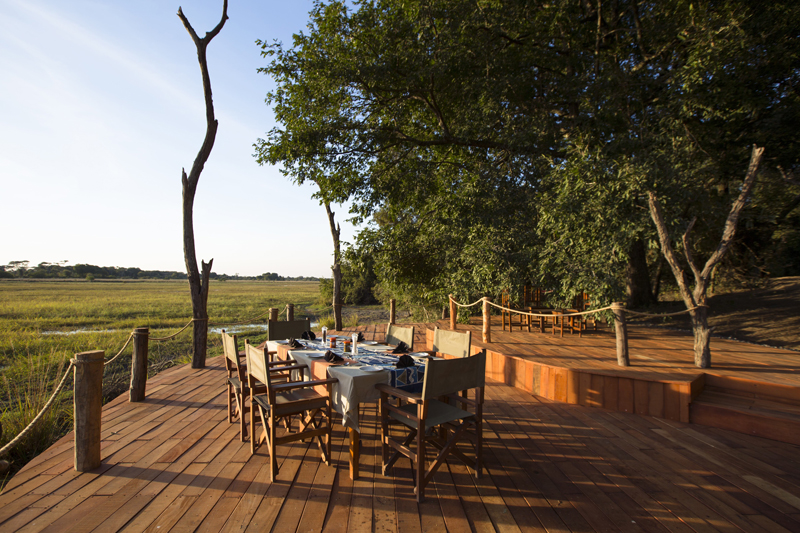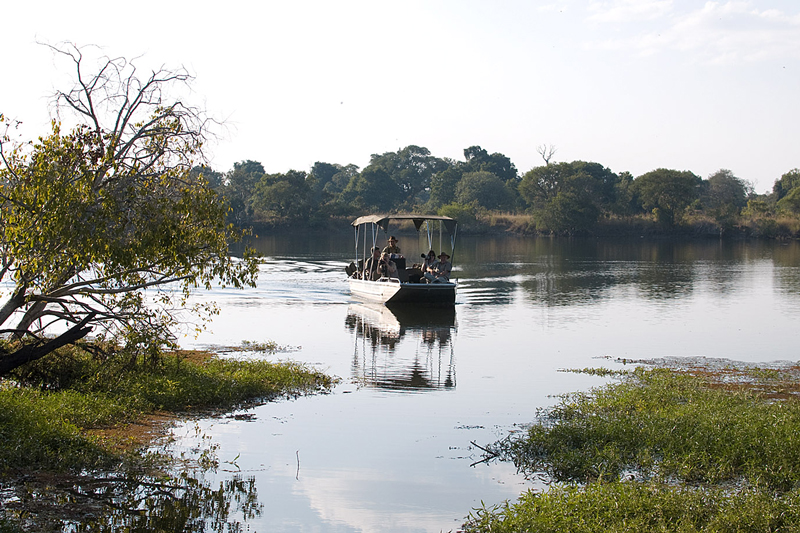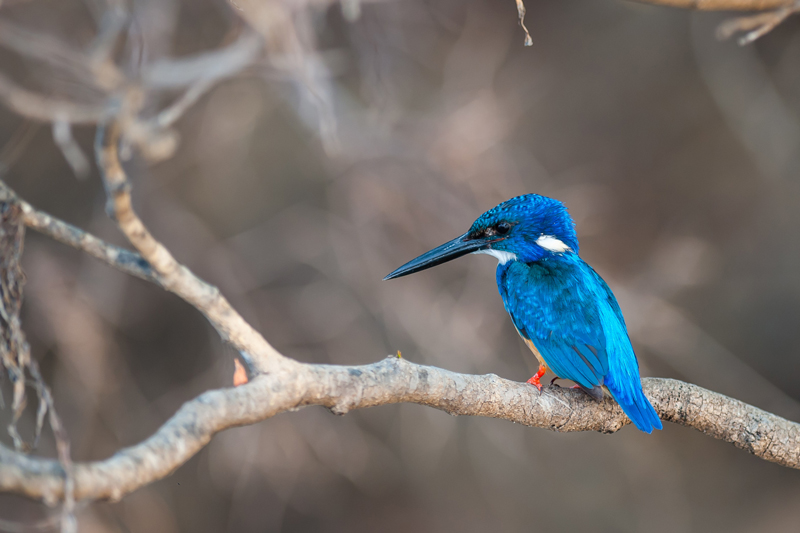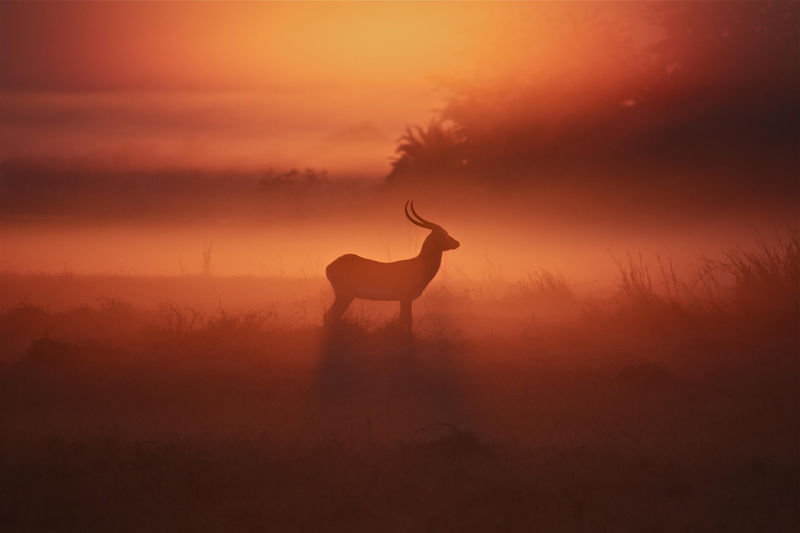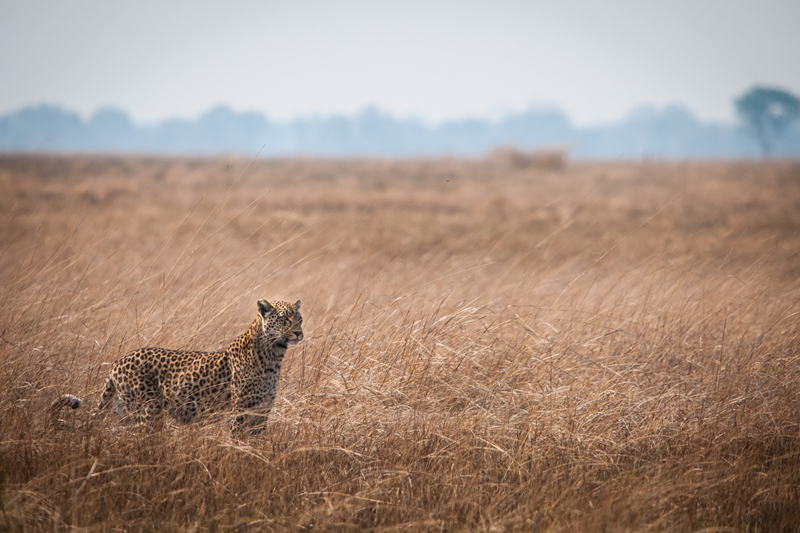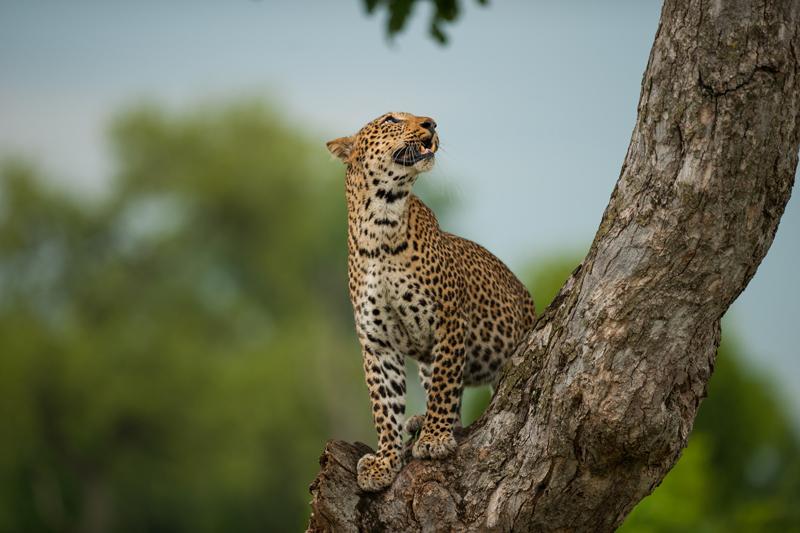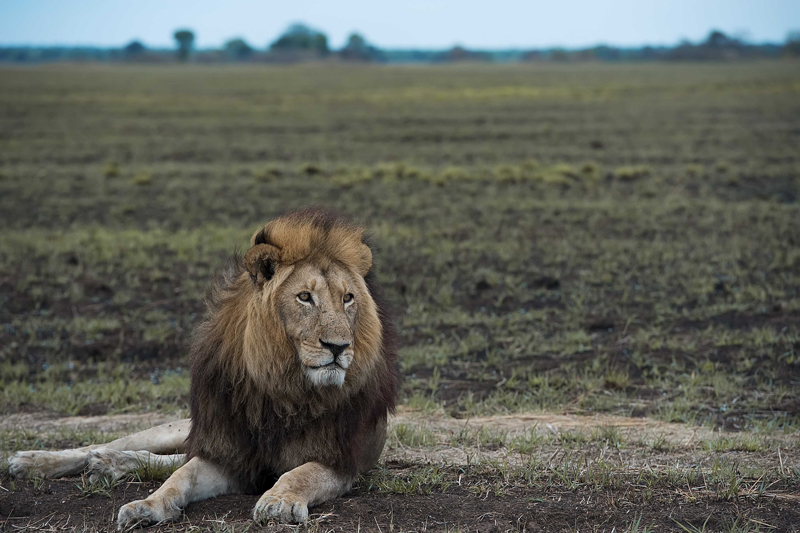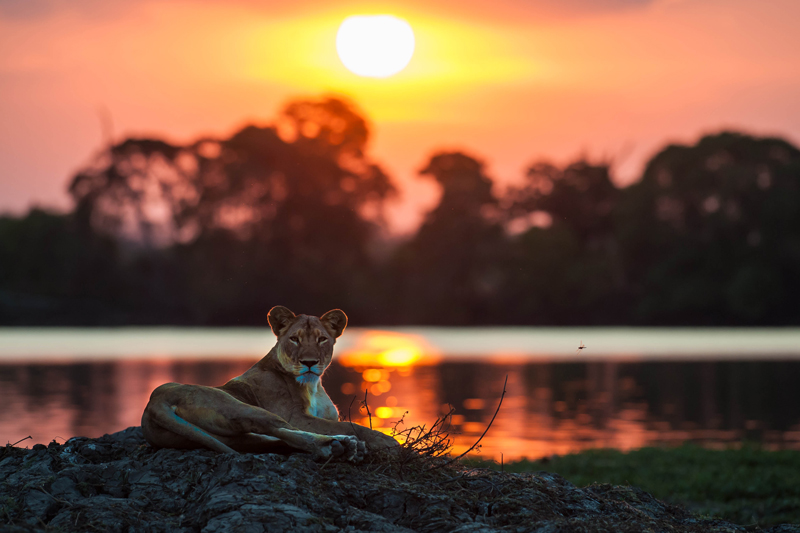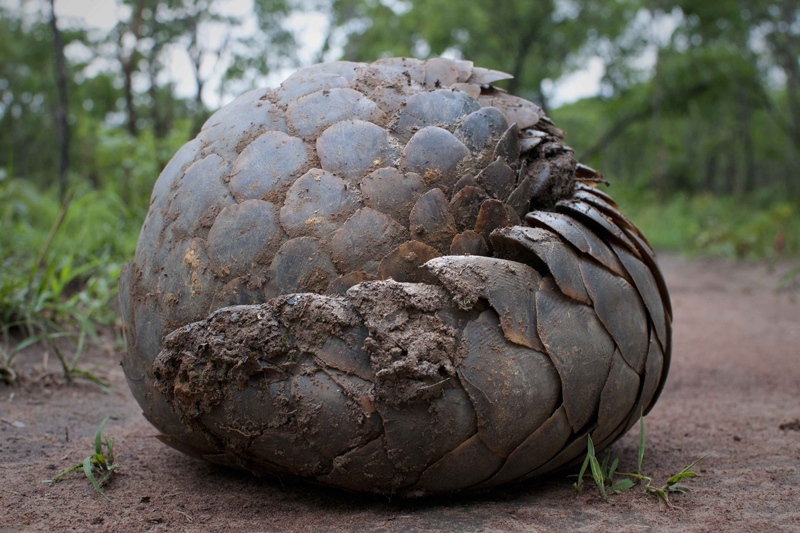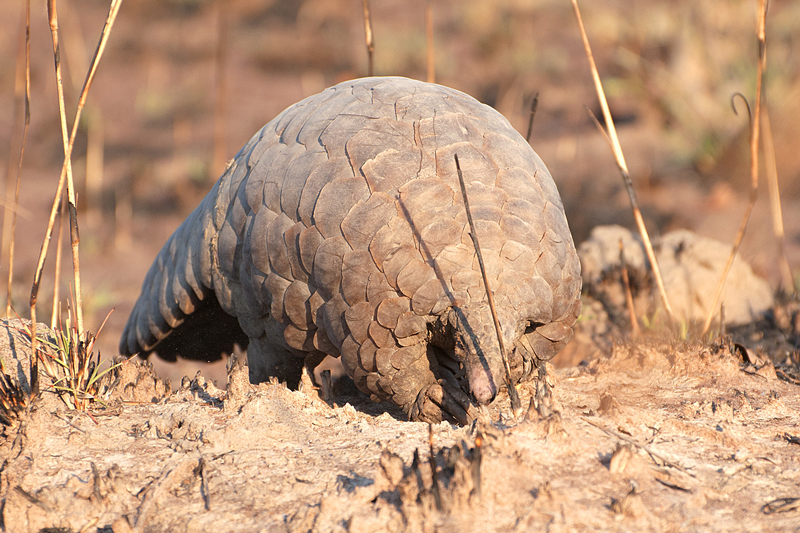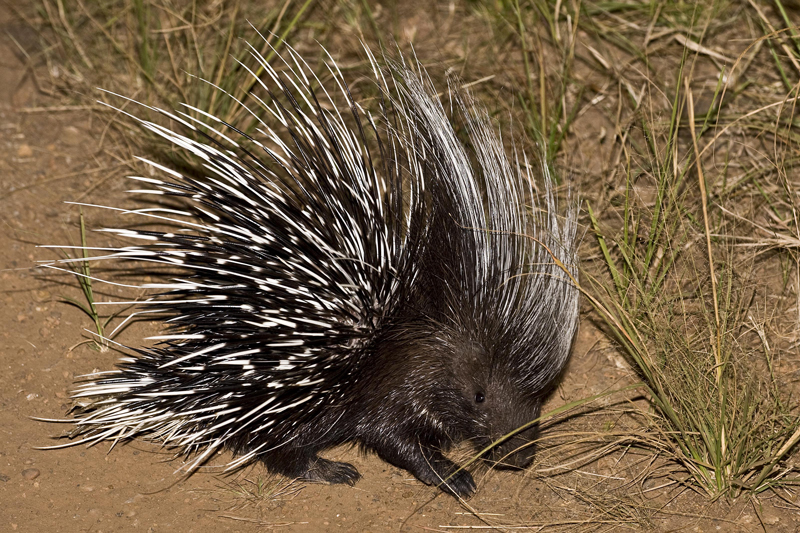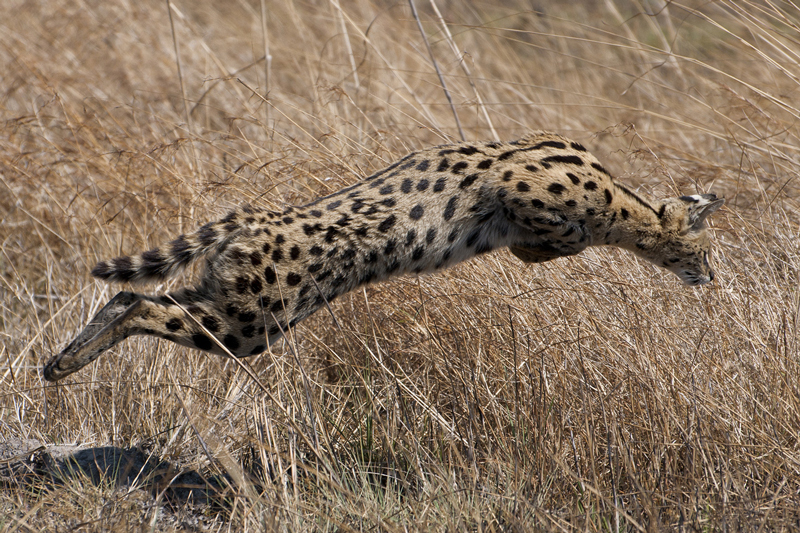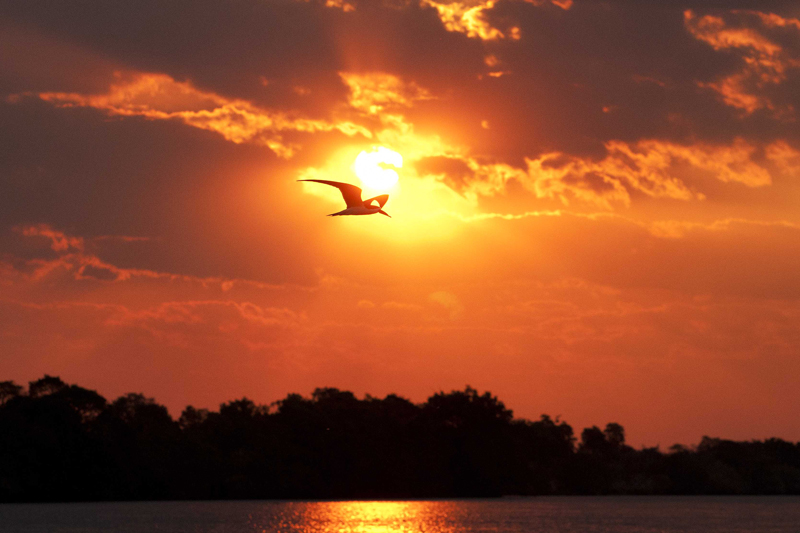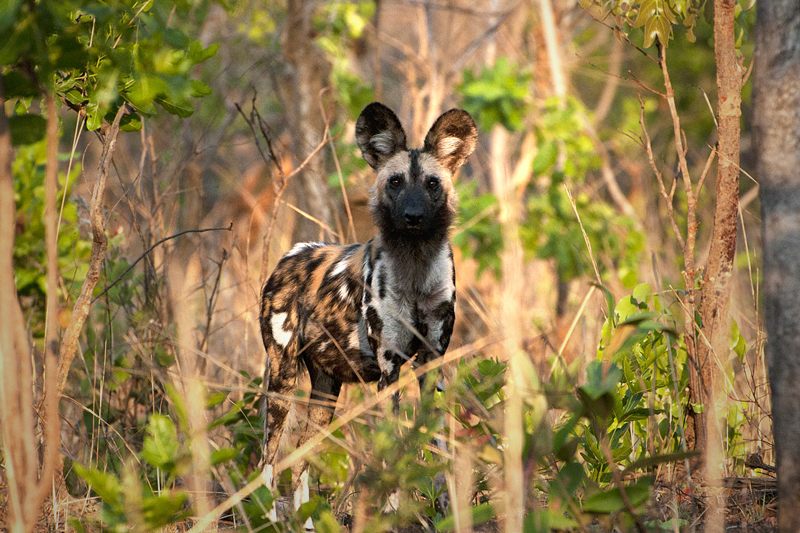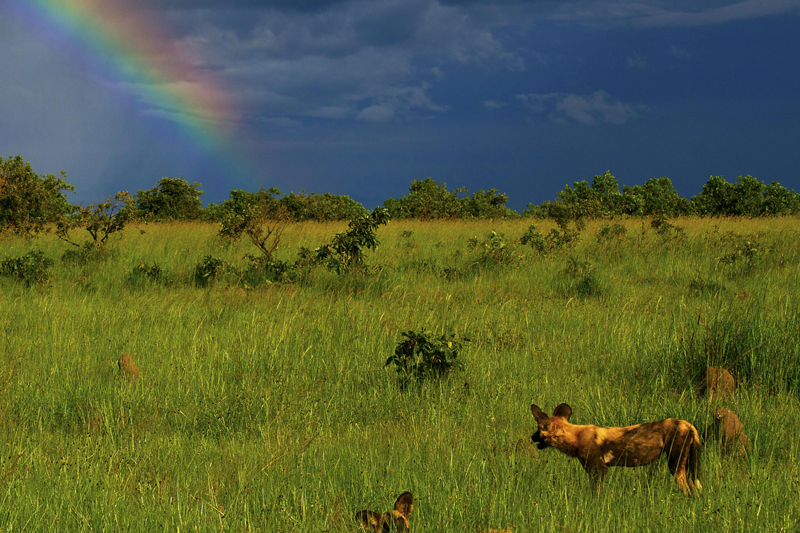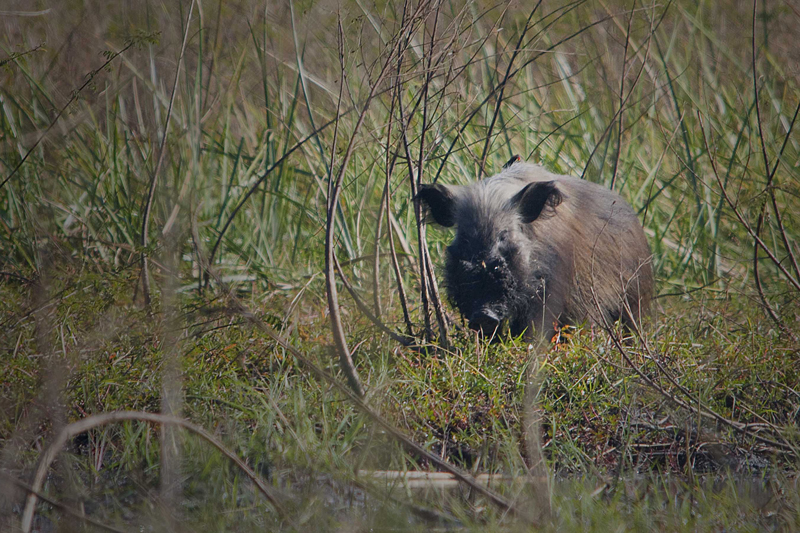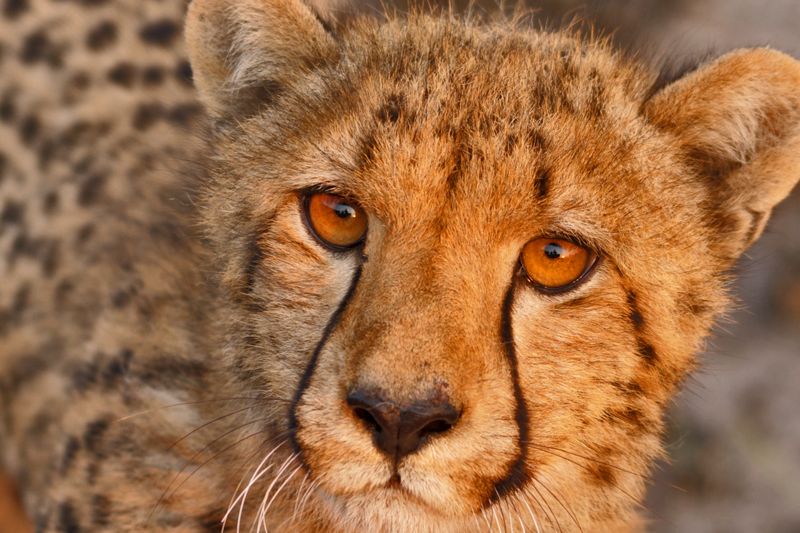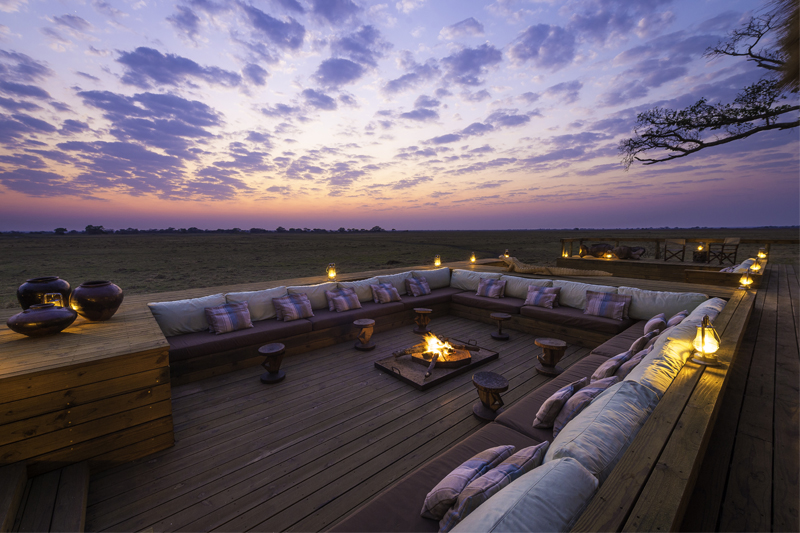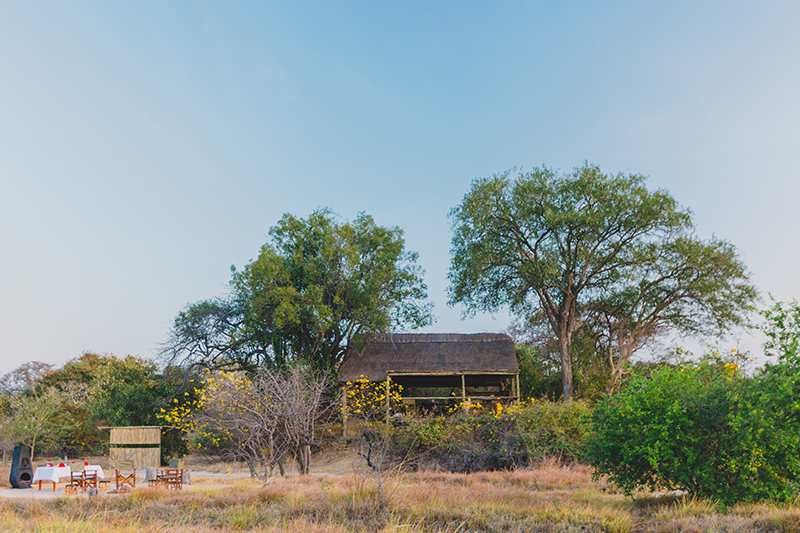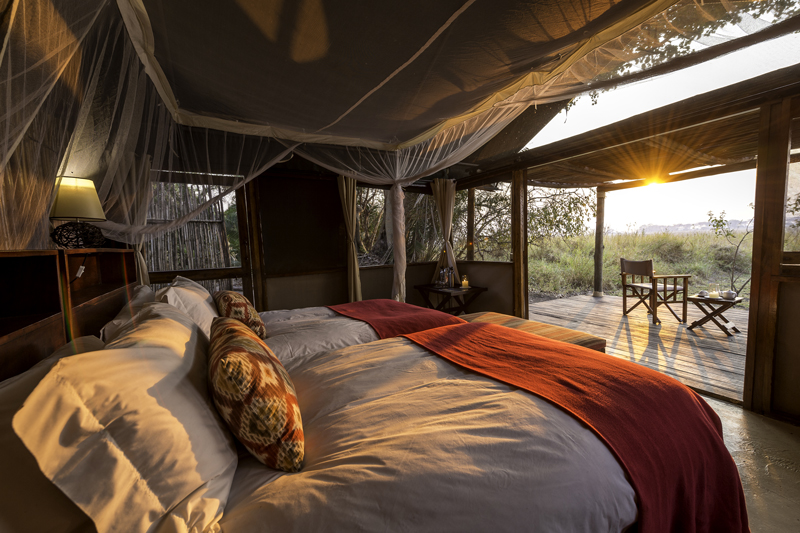Musekese Camp
Musekese is a small, authentic bush camp set overlooking a seasonal lagoon close to the Kafue River in the exclusive north-east section of Kafue National Park.
Musekese Camp has a lovely location overlooking a lagoon (which dries up towards the end of the dry season and often has game grazing around it) close to the Kafue River. The camp is owned and run by professional guides Phil Jeffery and Tyrone McKeith of Classic Zambia, and is one of the few camps left in Africa that is genuinely owner run and on the most part, owner guided. Phil and Tyrone are both full of enthusiasm, and they offer a very personal hosted experience as well as super guiding. The accommodation is comfortable but fairly simple and adventurous and the emphasis of the camp is more about the close to nature wilderness experience and exclusive game viewing activities. This camp is ideal for guests who have been on safari before and love small, quiet bush camps in the middle of the bush, with personal hosting, great guiding, varied activities and some slightly more specialist game viewing. Although it is not essential that guests are keen to walk, we feel that walking is an integral part of a stay at Musekese.
Rooms
The camp accommodates up to ten guests in five stretched canvas chalets, all with views overlooking the lagoon. The chalets have either twin or double beds under walk in mosquito nets, bedside tables, a luggage rack and chest of drawers. The plumbed en suite bathrooms are at the side of the room, with large mesh windows and comprise of a toilet, basin and shower. To the front of each chalet is a furnished verandah. The accommodation is spacious and comfortable, but the furnishings are simple and the feel is very much that of a bush camp.
Central Areas
The central areas consist of an open sided canvas lounge and bar area which leads out onto a deck which is used for al fresco dining. A second lower level deck is furnished with comfortable chairs and loungers and is an ideal spot to relax in the afternoon and watch the wildlife in front of camp.
Facilities
Wi-Fi – No
Power for charging – Yes
Swimming pool – No
Habitat & Wildlife
The Kafue National Park is one of the largest parks in Africa, covering an area of nearly 22,500 sq.kms. The north-eastern and southern sectors of the park are essentially covered by miombo woodland, whereas the north-western sector contains the Busanga floodplains which become accessible from late June to November. There are three major rivers, the Kafue River itself and its perennial tributaries, the Lunga and Lufupa. Although the terrain is generally flat, the beauty of the park is evident in its diverse habitats with floodplains, miombo woodland, thick riverine vegetation and open grassy areas called dambos.
The wildlife is impressive – in the miombo woodland areas, lion, leopard, wild dog, zebra, elephant, buffalo, Lichtenstein’s hartebeest, roan, sable, kudu and impala are found, whilst on the Busanga the most dominant antelope species are red lechwe, puku and the diminutive oribi, and aside from lion, cheetah and hyaena are the major predators. Hippo frequent the permanent water channels. The birdlife is fantastic, with over 490 species recorded including the endemic Chaplin’s barbet and large flocks of pelican, crowned crane and wattled crane. Tsetse fly are common.
Activities
Although activities at the camp were originally orientated towards walking safaris hosted by Phil or Tyrone, activities are now very varied with boating safaris and fishing on the Kafue River, game drives (day and night) by open 4×4 vehicles and the use of a blind/hide all possible in addition to walking. The game viewing is good in the area around camp, with elephant, buffalo and lion regularly seen. Leopard exist in good numbers, though wild dog and cheetah are only seen very occasionally. General game is good, including sightings of bush pigs, birding is excellent and night drives can be interesting. However, Kafue in general will always offer a little more of a wilderness destination with than a pure big-game extravaganza, and Musekese will most appeal to those looking for an exclusive bush adventure where the emphasis is on the guiding, hosting and the wilderness experience. Although it is not essential that guests are keen to walk, we feel that walking is an integral part of a stay at Musekese.
Seasons
Musekese is open from May to December, though the best game viewing conditions will be from July to October.
For families with children 12 years and older who are active and adventurous, Musekese is an amazing family option which would be great fun, exclusive and varied in terms of activities. Musekese is not however so suitable for younger children, though the camp can be booked exclusively for family groups with children under 12 years old (please note children under 14 years old are not permitted to walk).
Musekese Conservation works closely with Zambia’s Department of National Parks & Wildlife, Panthera, the Zambian Carnivore Programme and Game Rangers International to build capacity for law enforcement and conservation groups in and around Kafue National Park. They work to protect the park from illegal and unsustainable purpose by paroling, recovering illegal snares, bicycles and shotguns, apprehending suspects and confiscating hundreds of kilograms of illegal bush meat. They aim to establish a permanent anti-poaching base, train wildlife police officers and community scouts, patrol teams, implement digital radio systems and the Spatial Monitoring & Reporting Tool to store and analyse collected data. The organisation also works with local communities to build a positive relationship.







